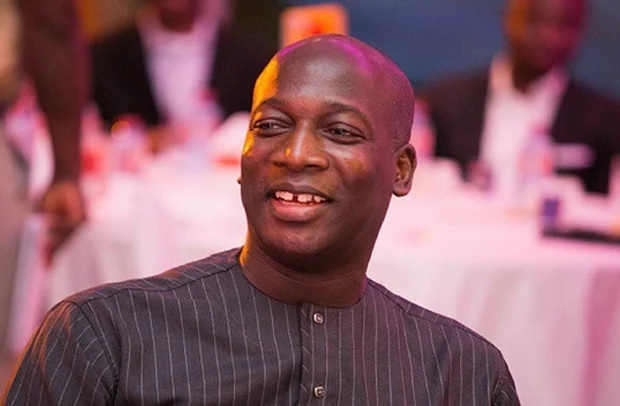The Writer
Ambitions for more quality in society spur holistic innovation – by definition, thinking and acting differently to improve life. We must open the windows of the static mimicry of past rituals we sometimes call culture and let in fresh air from science. Science is used here in its broadest and most expansive meaning. Organic cultures breathe; they adapt from learning acquired through lived experience.
Knowledge is the primary productive force, in any serious society. It must impact culture. Culture is behaviour at scale; it cannot be static. Culture is not just simplistically mimicking how our forebears lived, as acts of nostalgia. Culture must embrace new knowledge and adapt; it is not stuck in our genetics as a people. We must retain all beneficial aspects of the cultures of our ancestors – but that which we now have the tools to improve, we must.
The systematically rendered and distilled knowledge from our culture that enriches our study of herbal science, good nutrition, architecture, all the humanities, and our very essence as human societies must be studied and cherished. But we must jettison the unnecessary, if we are to grow.
My grandmother’s home in the village once had kerosene lanterns, out of need – not any fidelity to a particular culture. When electricity came her way, she embraced it and moved on. We are then not practicing African culture if we get stuck with lanterns and reject new knowledge today, simply because once upon a time our ancestors did not have electricity. Everyone else in the world hails from historical antecedents that once did not have electricity too. There is nothing exclusively African about underdevelopment, we must resist the urge to romanticise poverty by calling it indigenous culture.
Our culture can be improved, but we must decide what we want to improve. It is in this way that we have, as an example, embraced the use of mobile phones. We must make culture compatible with all that improves society, by our own definitions. And that is how quality is championed.
In 2025, I repeat my obsessive call to all chiefs in the country: there is no reason – for example – we must still have human borne palanquins. If you insist on being hoisted in the air for whatever reasons of your cosmology, it is unlikely that the gods will reject motorised improvements. Please do this (motorisation of palanquins), as part of the search for quality.
Let us not be under any illusions that championing a quality culture and the reforms required to sustain them in society will be easy. But, if we are permitted to ask, what is good in this world that comes easily? Ousmane Dembele, the charismatic and very deserved winner of football’s 2025 Ballon d’Or, is a source of inspiration in this regard when he says: “I’ve had difficult moments, but I never gave up. I kept working, kept believing and now I’m stronger. Every training session is a chance to improve to be sharper, to be stronger.”
Source: Yaw Nsarkoh
Quality must disrupt cultures to improve society


